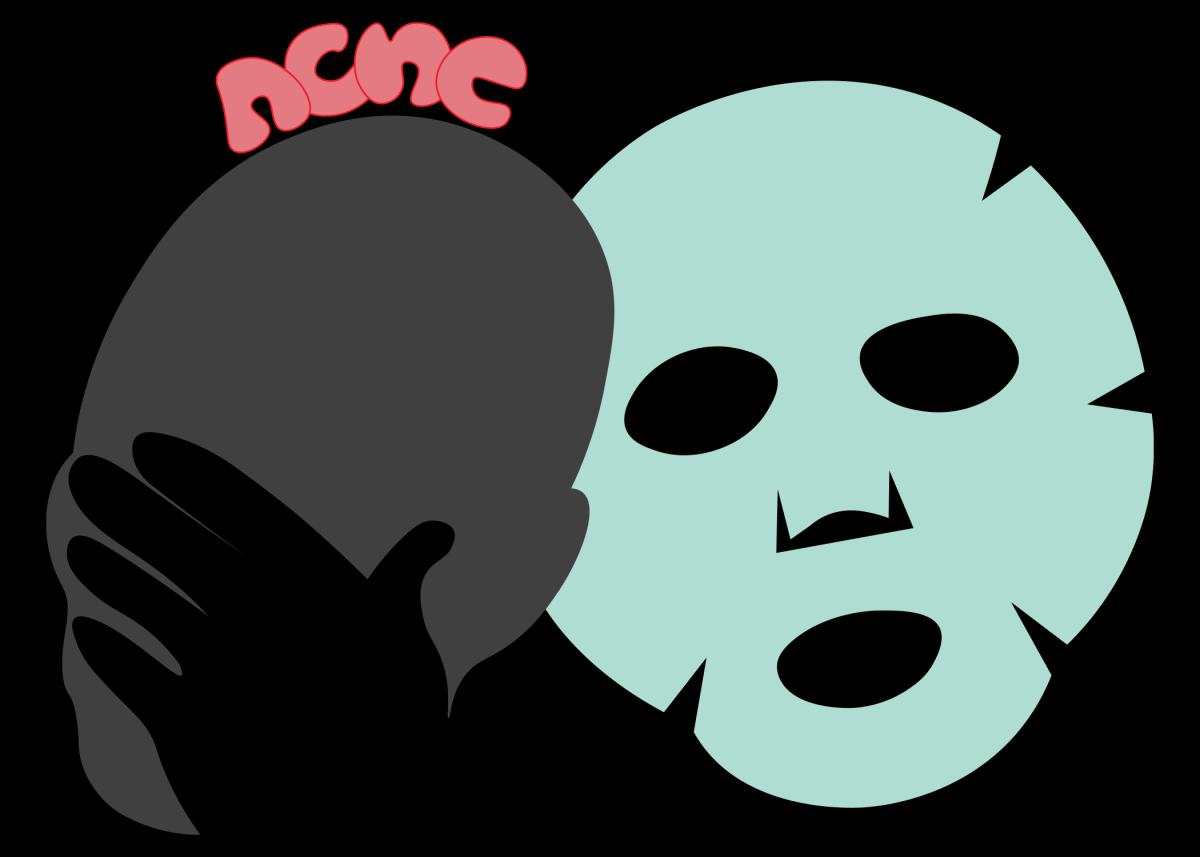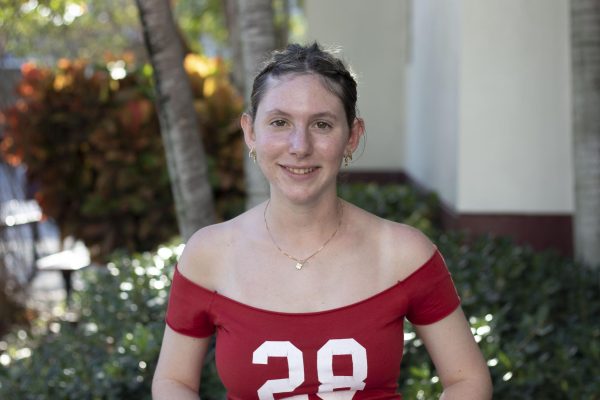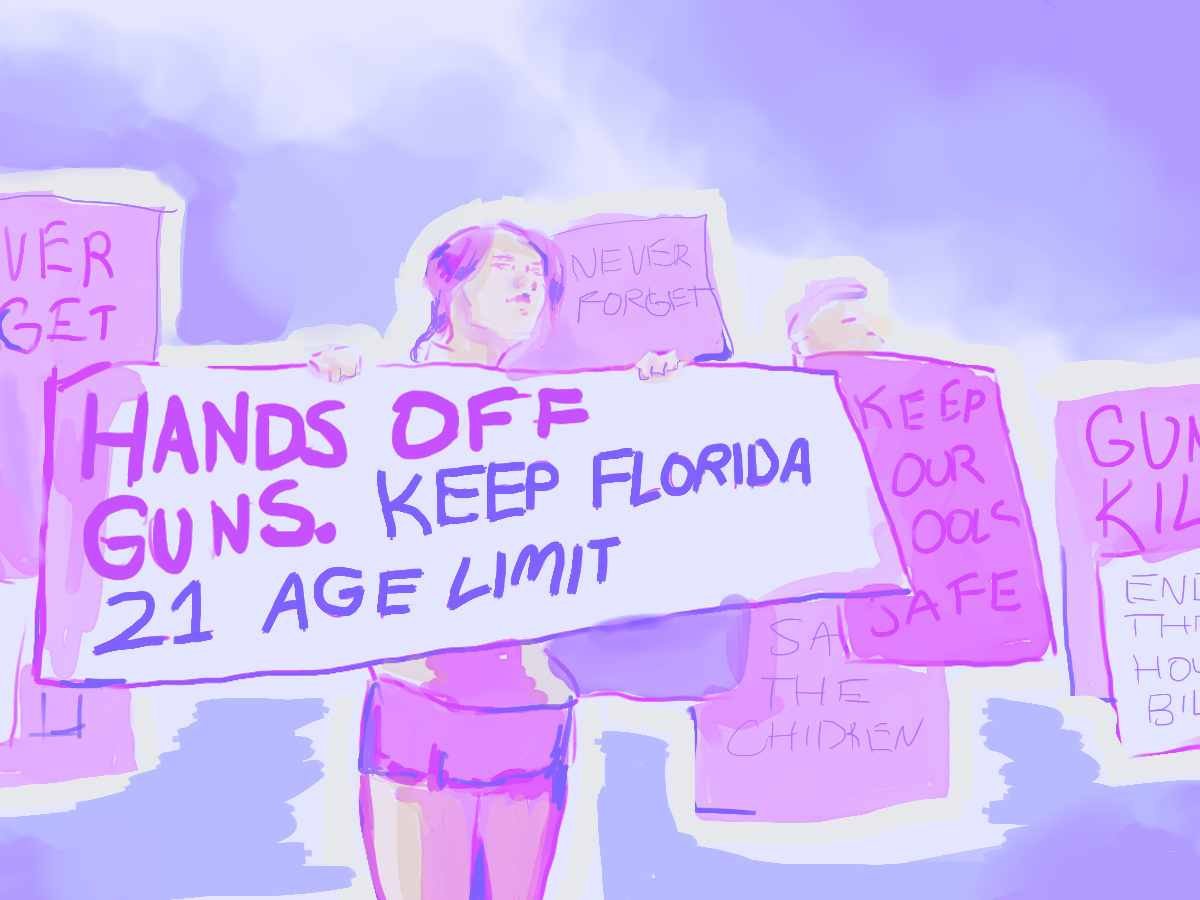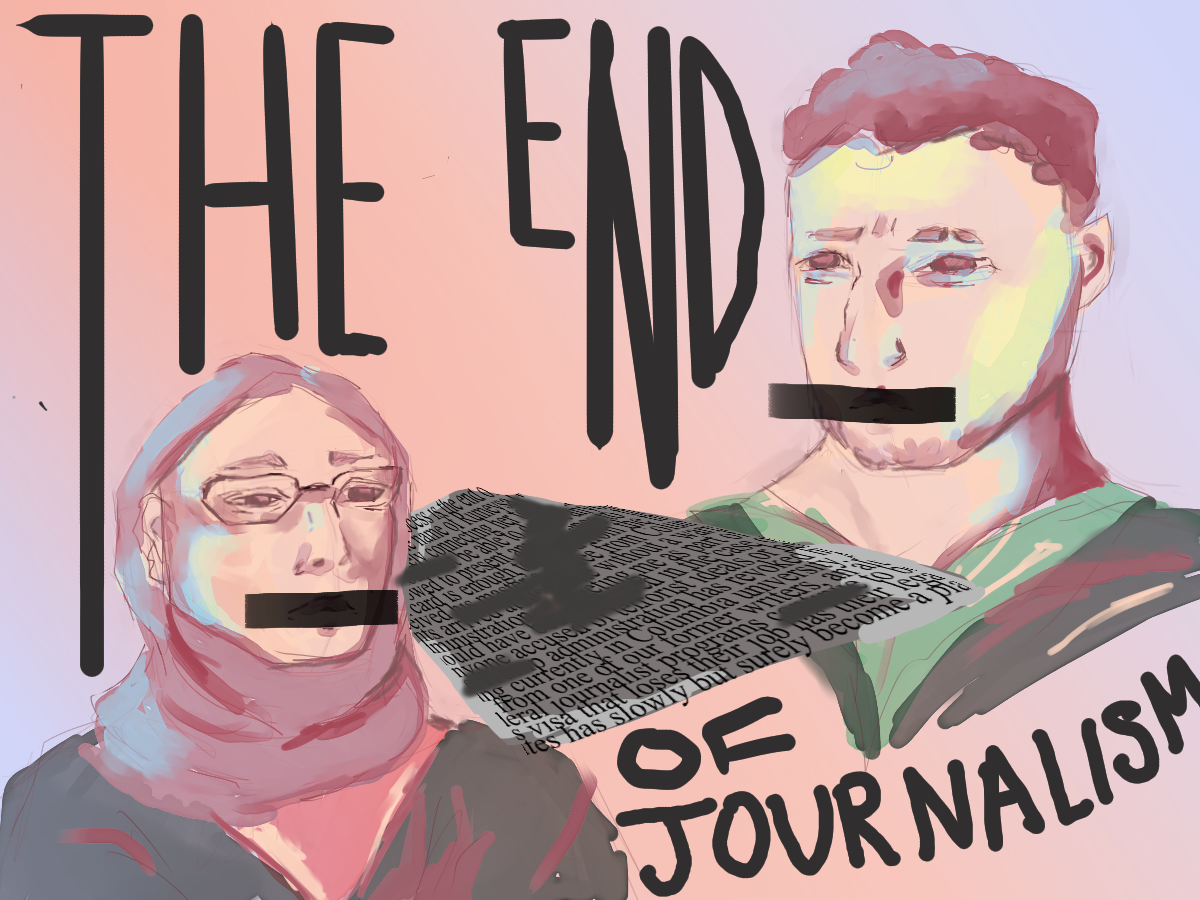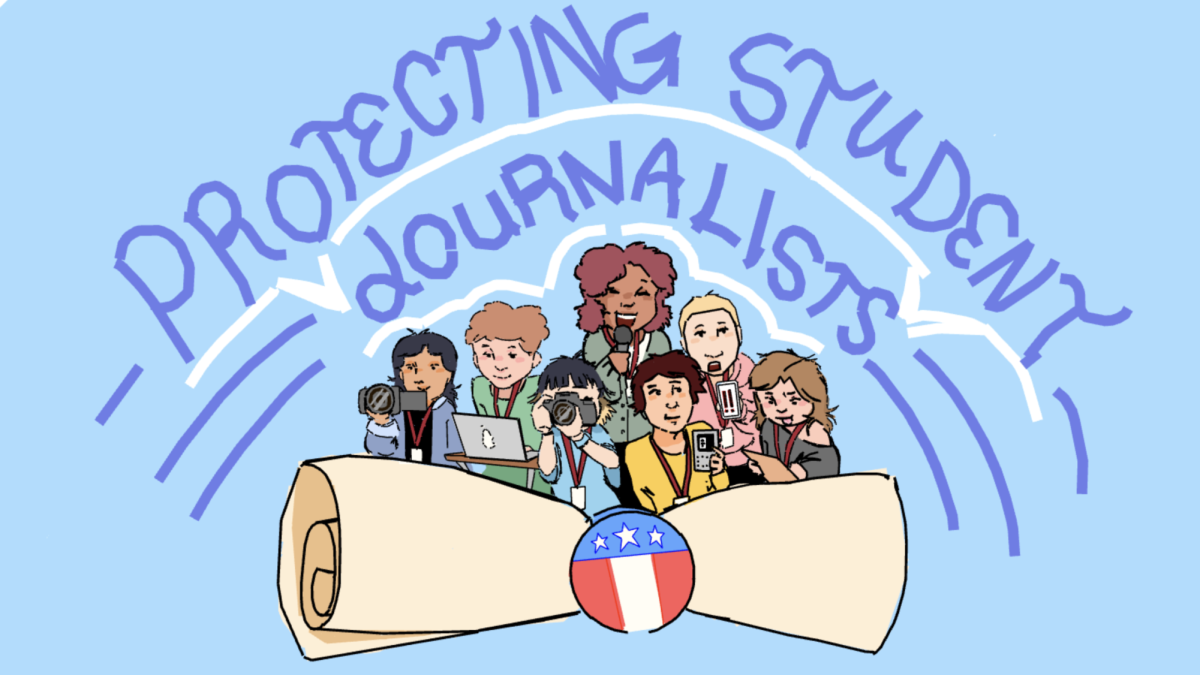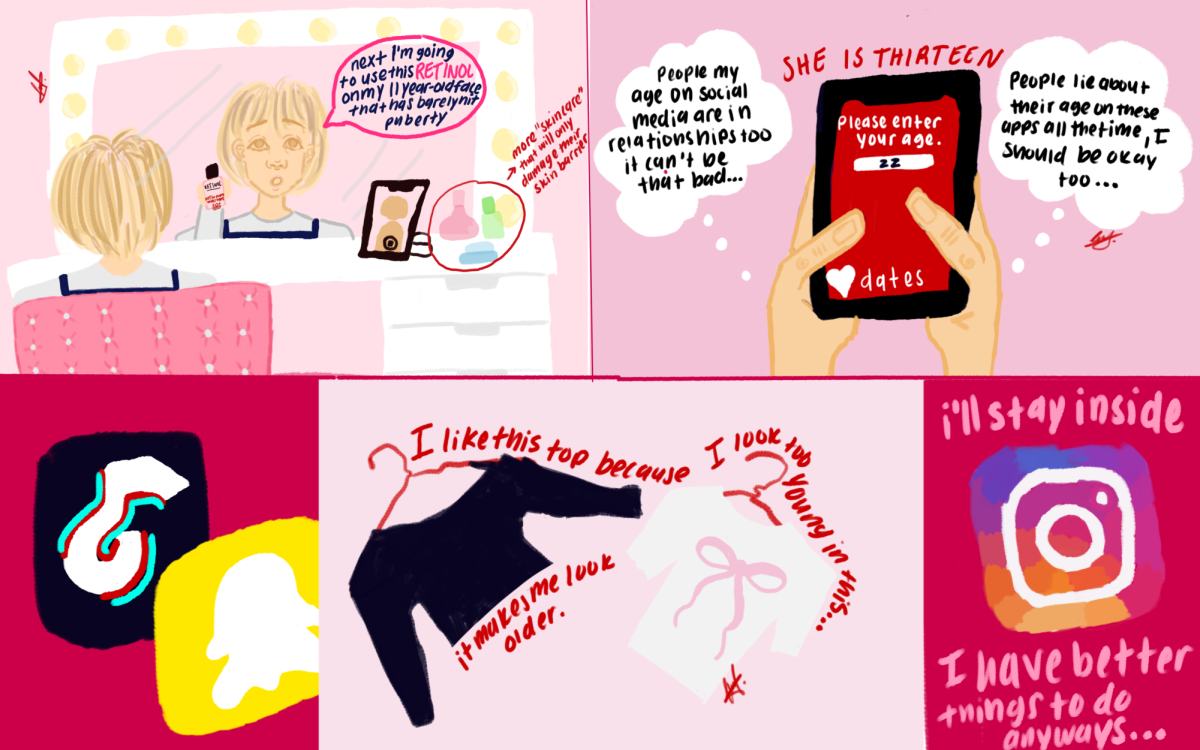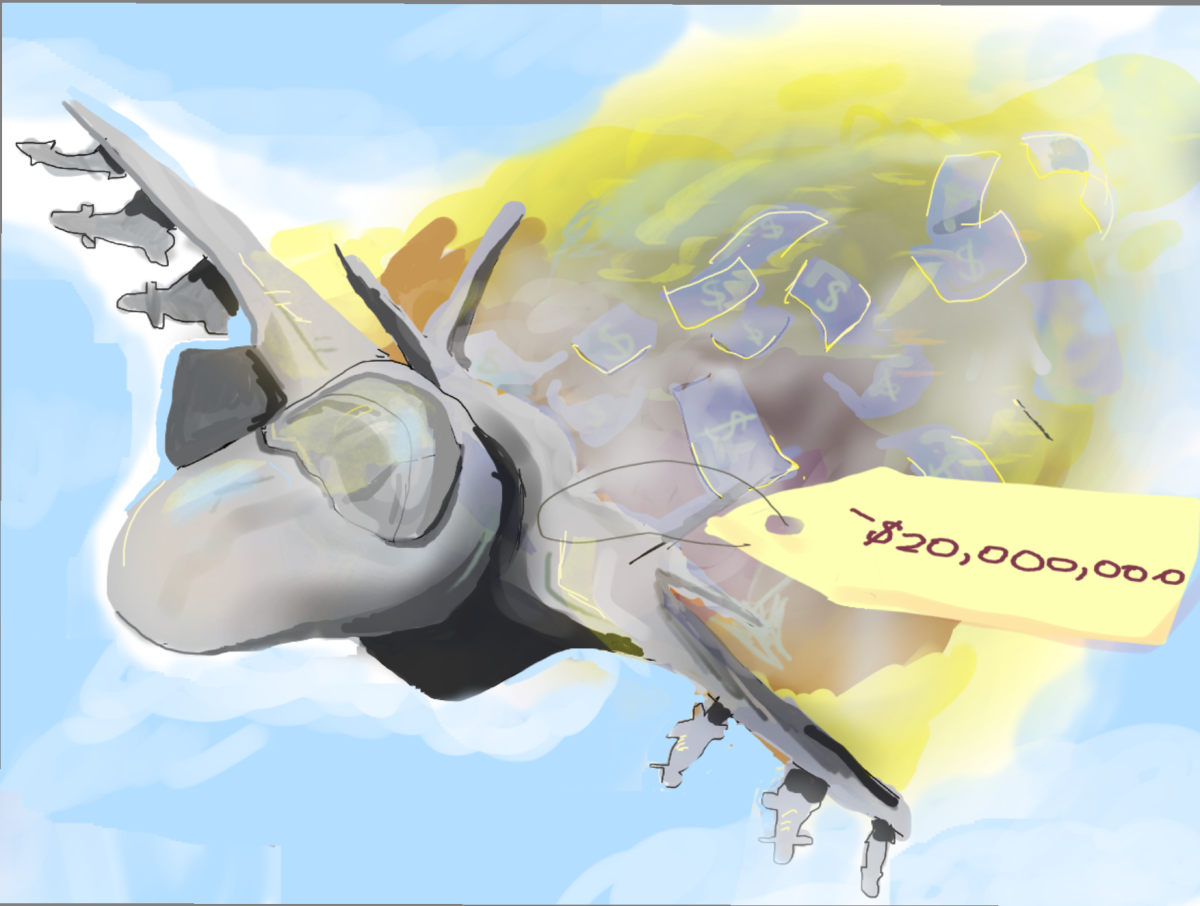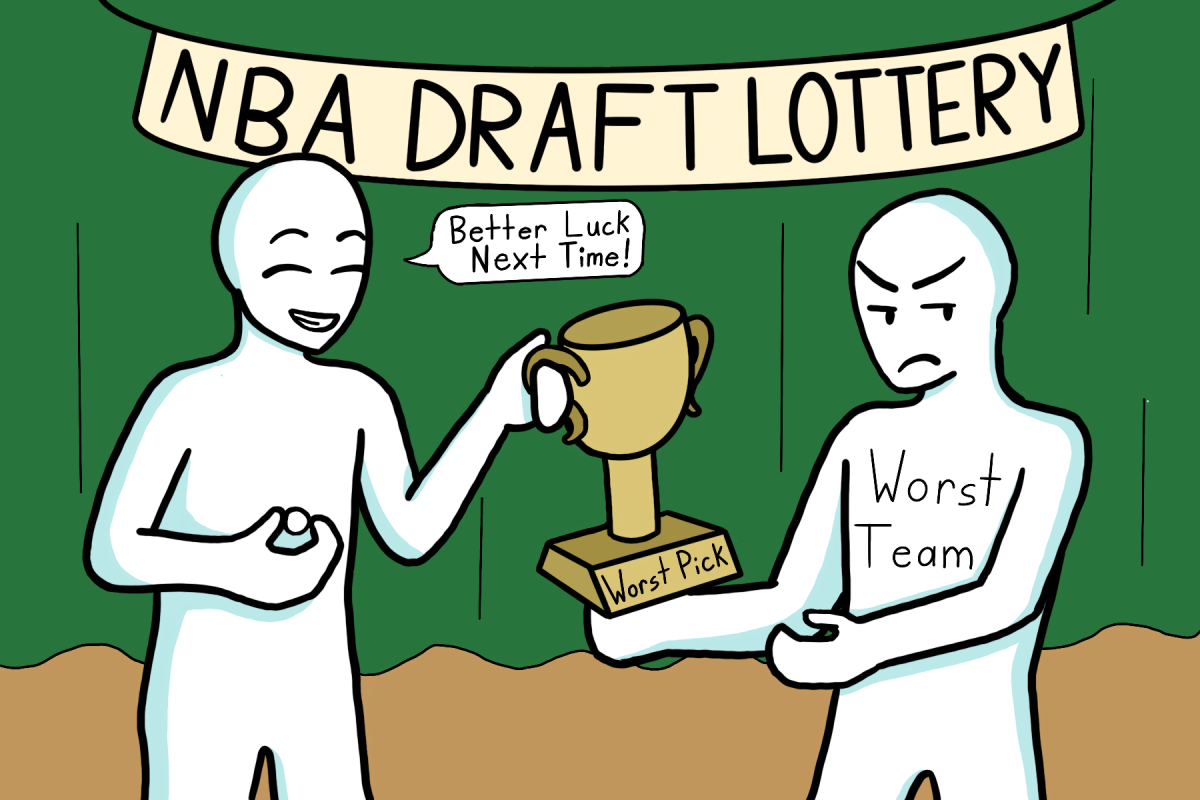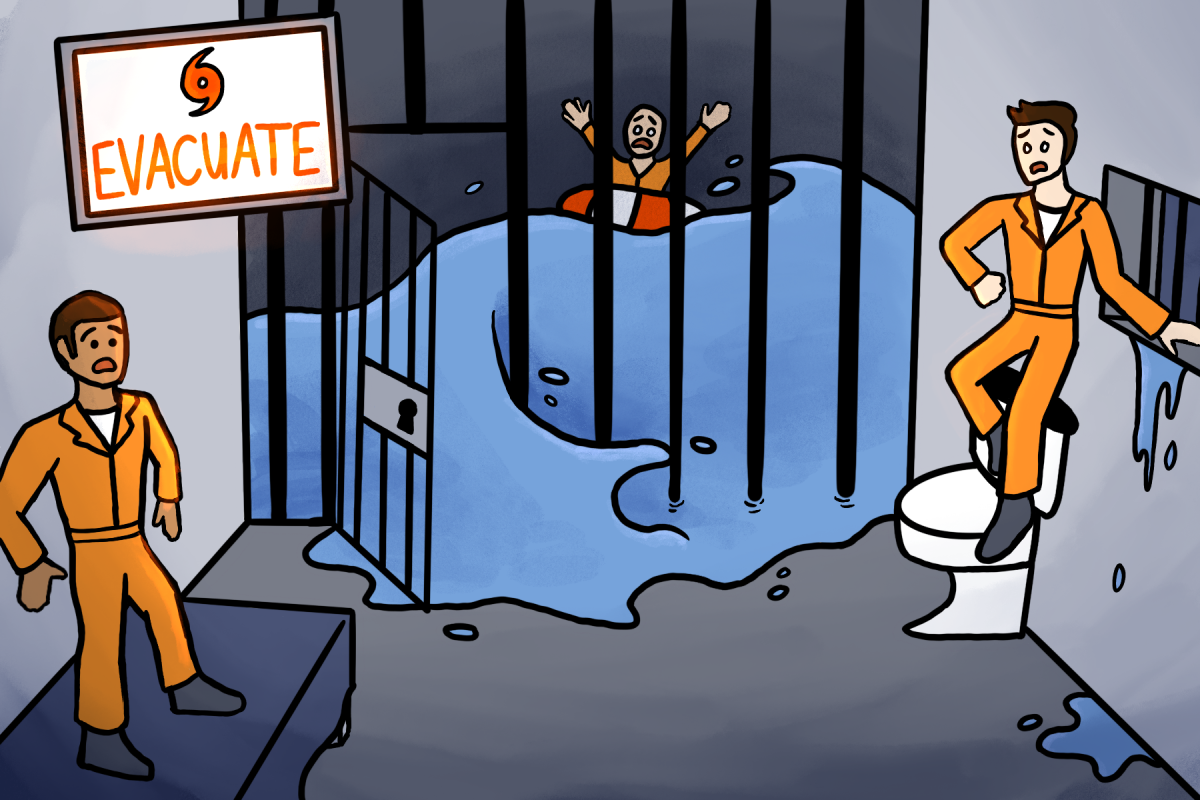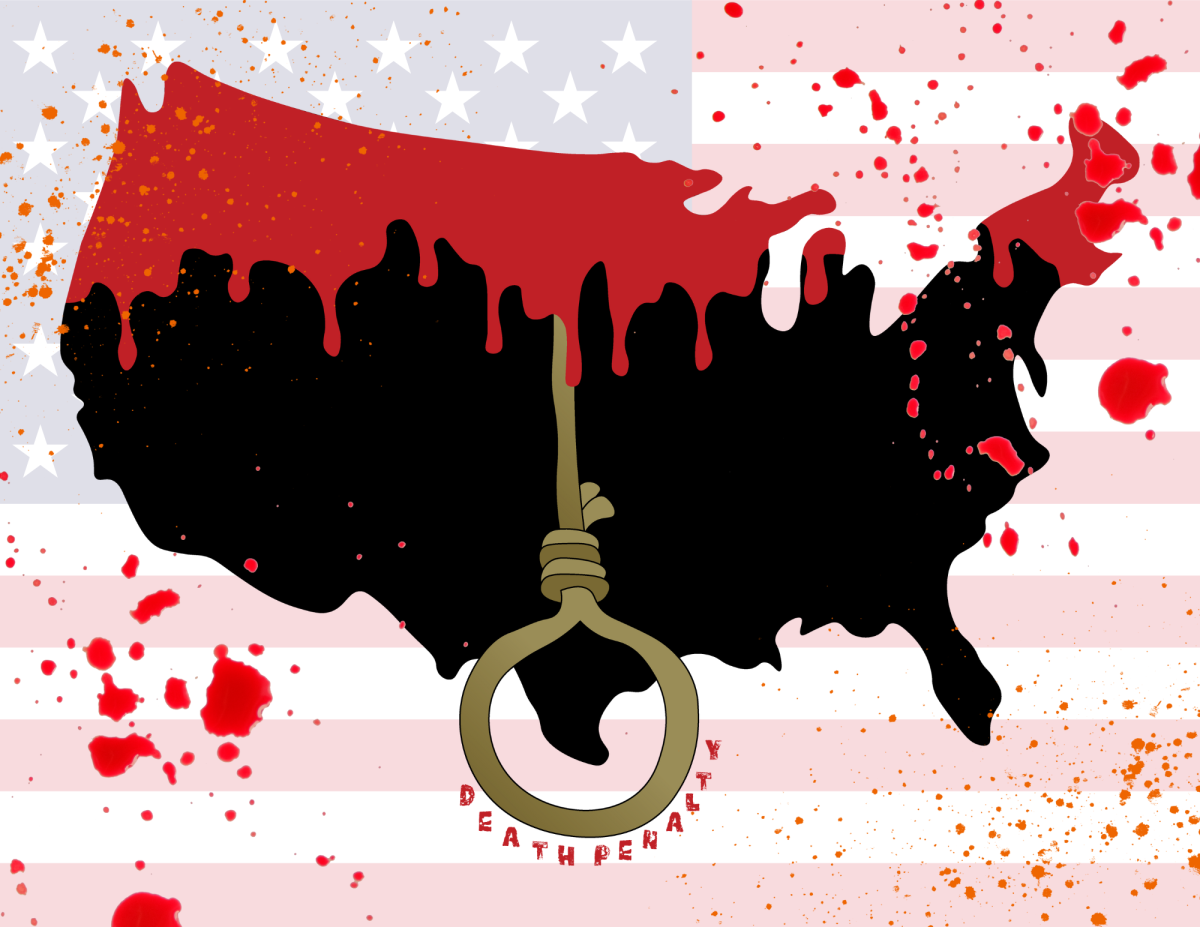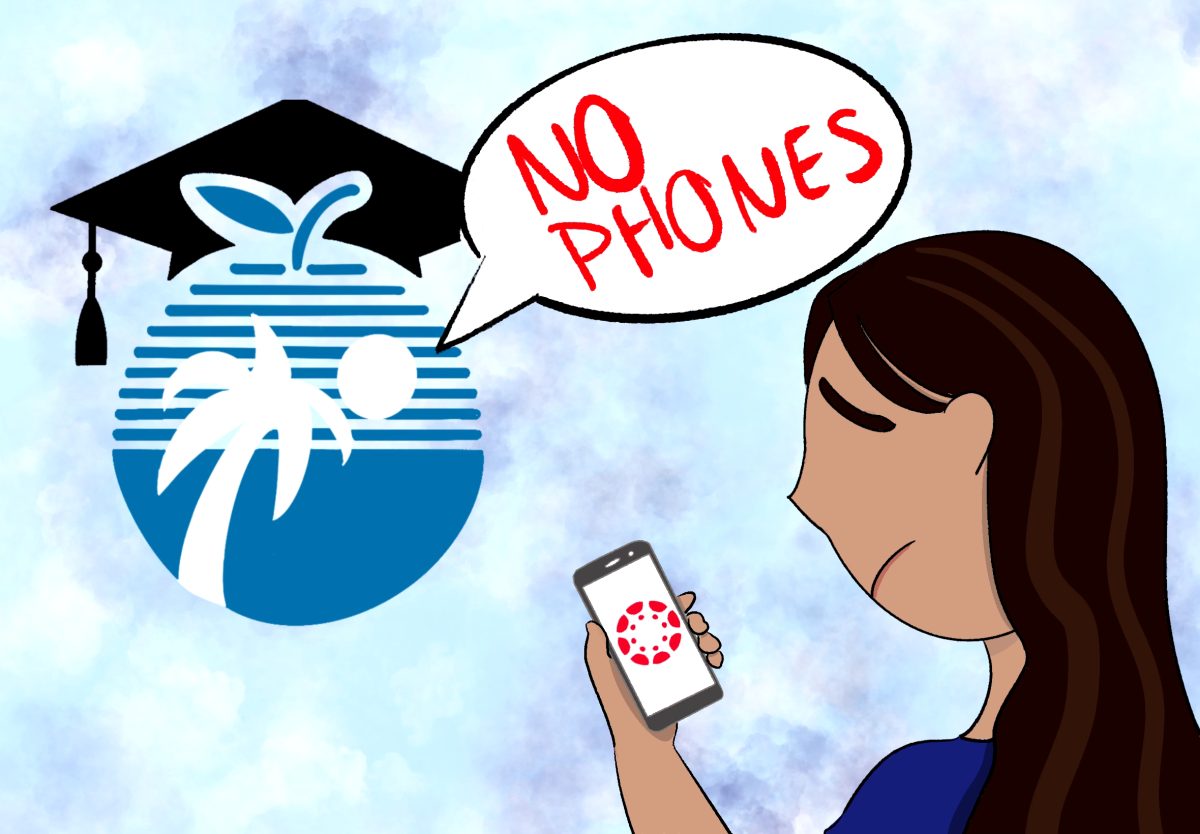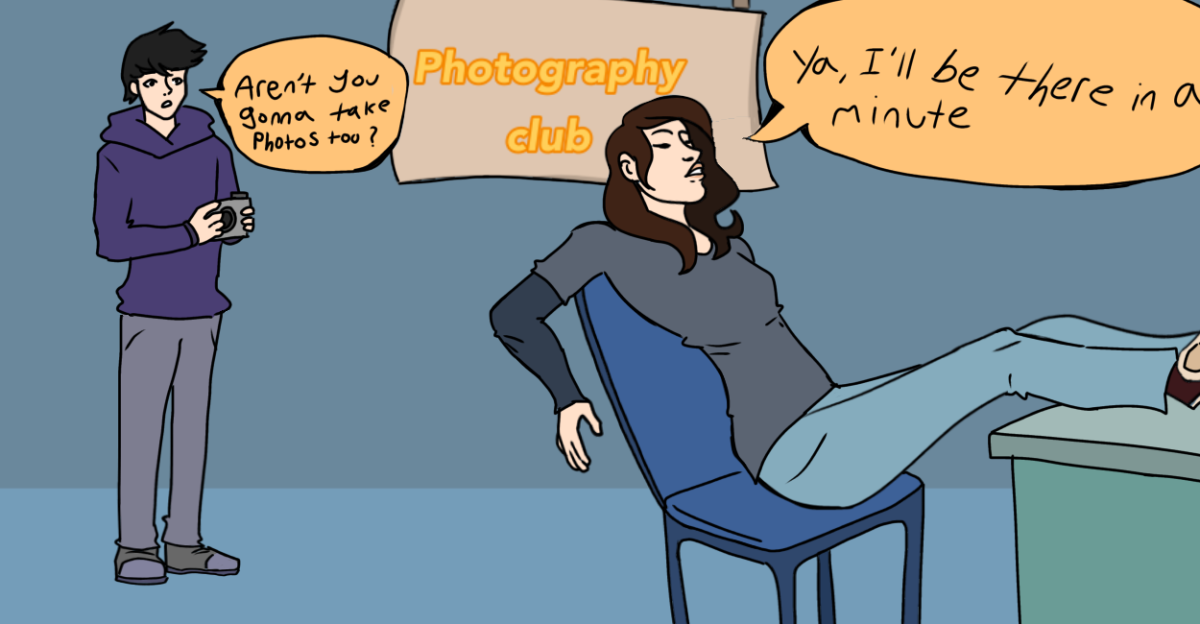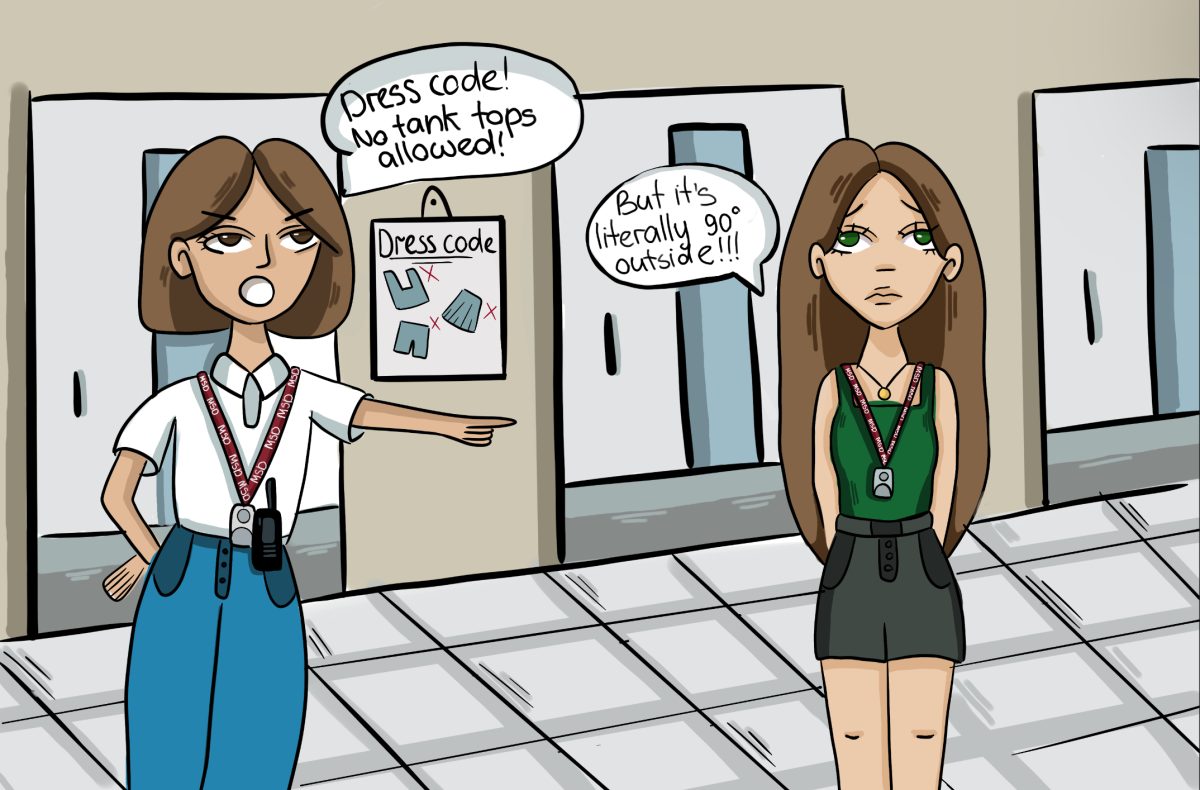In skin care advertisements girls with perfectly clear skin are depicted using the products. Acne riddled skin is seen in a before shot and never again. The word imperfection is used synonymously with blemish and pimple, and acne is not something to be embraced but rather to be ashamed of. The beauty industry actively profits off of insecurities; it makes people see natural features as imperfections in order to make money off of their attempts at fixing them. This is why efforts need to be undertaken to normalize acne.
Acne is natural and not something anybody has a say in getting. People can control getting a pimple just as much as they can control the weather. Someone can take every measure possible to prevent breakouts, yet hormonal, stress-induced and premenstrual acne will still arise. In fact, 65% of people experience a worsening of acne during their period.
The stigma that surrounds acne is partially due to the false perception that it can be fixed. Acne is “an inflammatory disorder of the skin” according to the National Institute of Health (NIH). It is normal and while many methods exist to prevent it, no one knows or can control whether or not their skin will respond to any of them.
Acne is different for everyone and can be caused by anything from a medical condition and medications to hormones and age. As such, people advertise everything from diets to medications to treat it, but like there is no universal cause, there is no universal cure either.
Not only will different acne treatments not work for everyone, but also may not be accessible to everyone. Getting rid of acne can be both painful and expensive. Using Accutane, for instance, treatment costs about $3,246.53 for females and $2,736.91 for males according to a 2012-2019 study published by the NIH.
Obviously, such a cost is far out of the price range for many, especially given that there is no guarantee it will work. According to the Advanced Acne Institute, estimates of Accutane’s effectiveness reach a maximum of an 85% success rate.
The side effects of Accutane may be too much for some to handle as well. As reported by the American Academy of Dermatology, potential side effects include dryness, nosebleeds, worsening acne—for the first couple months of taking it, trouble seeing at night, thinning hair, muscle/joint pain, rashes, stomach problems and unhealthy cholesterol levels. If pregnant, Accutane may cause severe birth defects, miscarriages and stillbirths. People also report Accutane as having caused depression, suicidal thoughts and Inflammatory Bowel Disease, but there is not enough evidence to confirm them.
Acne is experienced by 50 million people in the U.S. according to Very Well Health, making it extremely common while somehow still being completely unnormalized. People may not be able to fix acne, but they can certainly work to destigmatize it. Showing one’s acne on social media is one way to accomplish this. Seeing others embrace their acne, and seeing others with acne in general, can help others feel better about their own.
When people are constantly perceiving others who have no acne or who have covered up their acne, it shows them a false reality. They view their acne as something different, and thus ugly, when in reality it is something they share with so many others. This is not the narrative social media advances though. The hashtag #acne on Instagram for instance, currently has upwards of twelve million posts, primarily of skincare and makeup advertisements, before and after photos, medication endorsements and other content fixated on acne-removal.
What is not being posted nearly enough is content centered around acne positivity. Seeing people online unashamedly show their acne helps normalize it and give people a better sense of reality. With this, they may feel that their acne does not ostracize them, but rather connects them to the vast number of others also struggling. These people may serve as the community one needs to boost their confidence and feel seen.
It was reported in a study by Cutanea Life Sciences in 2017 that 71% of the participants—teenagers—who have had acne “felt that acne has a negative effect on their body image and attractiveness, while 67% say it has a negative effect on their self-esteem.”
Acne positivity revolves around the idea that people should not have to wait until their skin is clear to feel confident. Their acne prone skin is just as beautiful as their clear skin, and they can feel comfortable in their skin throughout the entire process of bettering it, not just when they get to the end result.
The call for normalizing acne via social media has increased in recent years and even celebrities have taken to sharing their experiences with acne via social media platforms. Kendall Jenner, for example, has done so, as has Lorde, Dua Lipa, SZA, Saoirse Ronan, Keira Knightly, Zendaya, Emma Stone and so many others. Knowing that these celebrities, whom a lot of people look up to and perceive as beautiful, all deal with acne struggles can have a great impact on destigmatizing it.
People are made to feel as if they are alone in their acne struggles due to the media that is being constantly shoved down their throats. Whether a modeling campaign, a television advertisement or a movie, acne is almost always absent on the faces of those in them.
Modeling and ad campaigns have slowly been becoming more inclusive, displaying a wider range of individuals who all still have clear skin. Of course, depicting people with acne in skincare and makeup advertisements does not make sense from a business perspective, but there is no reason clothing models and people in other forms of advertisements should not have a pimple or two. Their acne does not reflect poorly on whatever product is being advertised nor takeaway from the model’s natural beauty.
The same goes for movies and shows. There is absolutely no reason not to depict people with acne. Acne is a real, natural thing, and for media that is set in real life especially, one would think every measure would be taken to guarantee that it reflects reality. Well, reality is acne. On the rare occurrence that it is seen, it is almost exclusively seen on teenagers. Some of the few films that this can be seen in are “Eighth Grade” and “Lady Bird.”
Teens, in their “awkward stage” are not the only people to experience acne though. According to the NIH, 80% of people under the age of 30 experience breakouts, at least on occasion. Acne is not a teen-exclusive phenomenon. People of all ages breakout and as such, it is important for people of all ages to be seen in the media with acne.
Representation is integral. When people cannot see themselves in the media it sends them the message that they are not accepted. Representation should not be so little that it feels like a reward, nor should it be a privilege. Acne is both normal and common and should never be a source of shame. Thus, destigmatization needs to occur and representation is where it starts.

